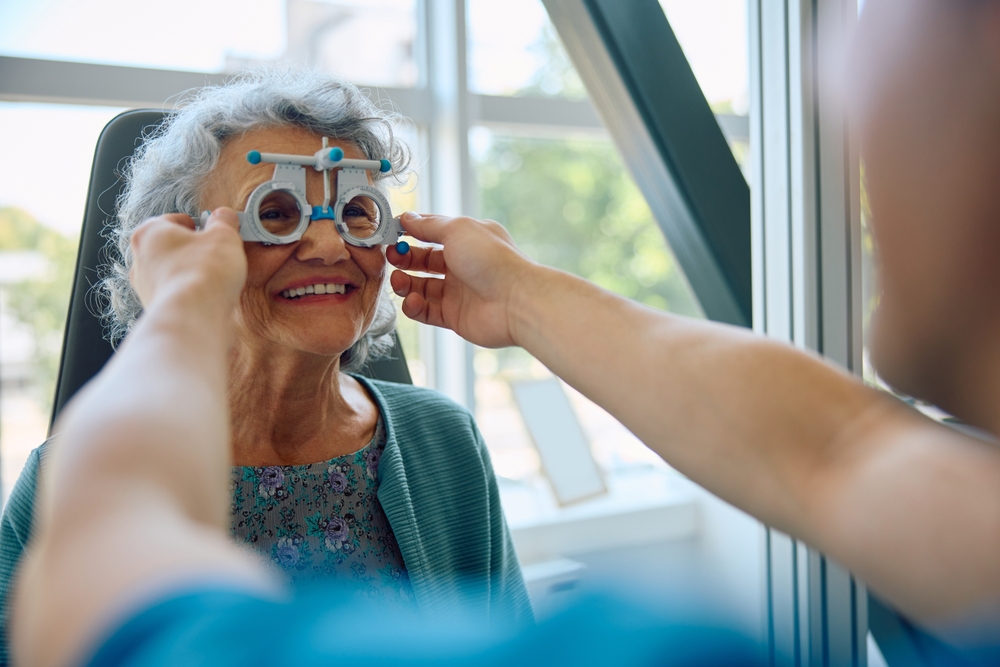
Understanding the changes in your vision and eye health as you age can help you prepare for the future. Knowledge is power and being aware of what to expect can help you take preventive measures to maintain good vision and eye health. Aging gracefully means accepting, preparing, and managing the changes that come with time.
Understanding the Relationship between Aging and Eye Health
As we age, our eyes naturally undergo certain changes. For example, the lenses of our eyes can harden and lose their flexibility, leading to conditions like presbyopia, which makes close-up vision blurry. Aging can also increase the risk of eye diseases such as cataracts, glaucoma, and age-related macular degeneration.
Eye health is not just about vision. It involves the overall health of the eye. Age-related changes can affect the eye's structure and function, leading to vision loss if not addressed.
The Importance of Vision and Eye Health in Seniors
The significance of vision and eye health in seniors cannot be overstated. Good vision allows seniors to maintain their independence, engage in their favorite activities, and enjoy a good quality of life. It helps them read, drive, watch TV, use a computer, and recognize faces, which are all activities that contribute to a fulfilling life.
Poor vision and eye health can lead to accidents, falls, and other injuries. It can also affect mental health, leading to depression, social isolation, and a decreased ability to perform daily tasks.
Common Eye Disorders Associated with Aging
As we age, we become more susceptible to certain eye disorders. These include conditions like age-related macular degeneration (AMD), cataracts, glaucoma, and diabetic retinopathy. AMD affects the part of the eye responsible for sharp, central vision, while cataracts cloud the eye's lens, leading to blurry vision. Glaucoma damages the optic nerve, and diabetic retinopathy affects the blood vessels in the retina.
These conditions can significantly affect a person's quality of life if left untreated. However, early detection through regular eye exams can help manage these disorders and even prevent vision loss.
Tips for Maintaining Good Eye Health and Wellness for Seniors
Maintaining good eye health and wellness for seniors involves a combination of healthy lifestyle habits, regular eye care, and early detection of eye disorders. Here are some tips to help you age gracefully while preserving your vision and eye health.
Firstly, maintain regular eye exams. These exams can help detect eye disorders early and prevent vision loss. They can also ensure that your eyeglass or contact lens prescription is updated.
Next, maintain a healthy diet. Nutrients like omega-3 fatty acids, lutein, zinc, and vitamins C and E can help protect your eyes. Incorporating foods like green leafy vegetables, oily fish, nuts, and citrus fruits in your diet can provide these nutrients.
Exercise regularly. Physical activity can help reduce the risk of age-related macular degeneration and glaucoma. It can also contribute to your overall health and wellness.
Lastly, protect your eyes from harmful UV rays. Wear sunglasses that block out 99-100% of both UVA and UVB radiation. If you spend a lot of time in front of a computer screen, use glasses that block blue light to prevent eye strain and fatigue.
Aging Gracefully with Proper Eye Care and Wellness
Aging is a natural part of life. How we handle the changes and challenges that come with each passing year is largely within our control. With proper care and a proactive approach to maintaining good vision and eye health, we can age gracefully and continue to enjoy a high quality of life.
To learn more tips for senior eye care and wellness, speak to our eye care professionals at Clarity Vision in our Williamston, North Carolina, office. Please call (252) 792-2250 to schedule an appointment today.
















